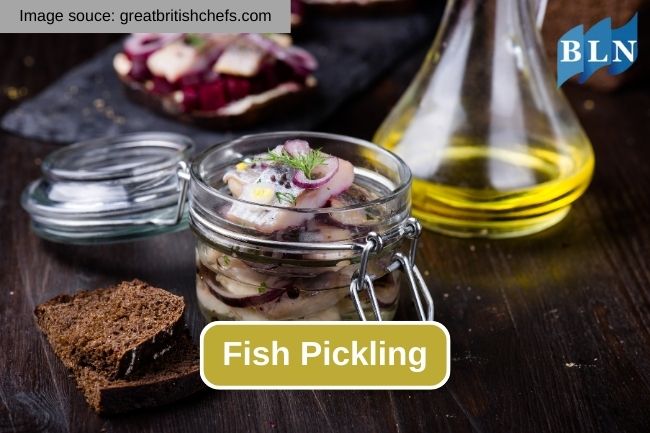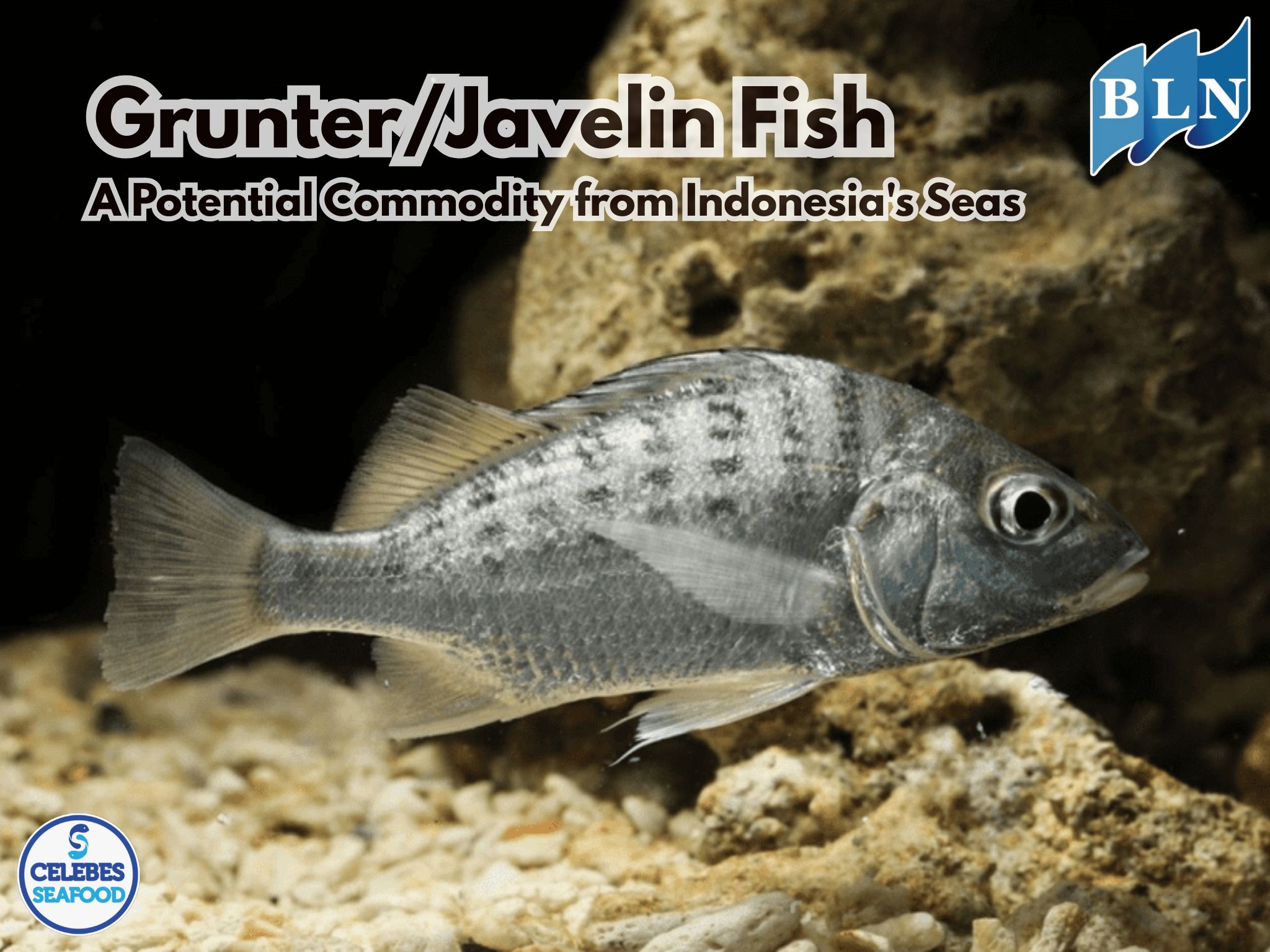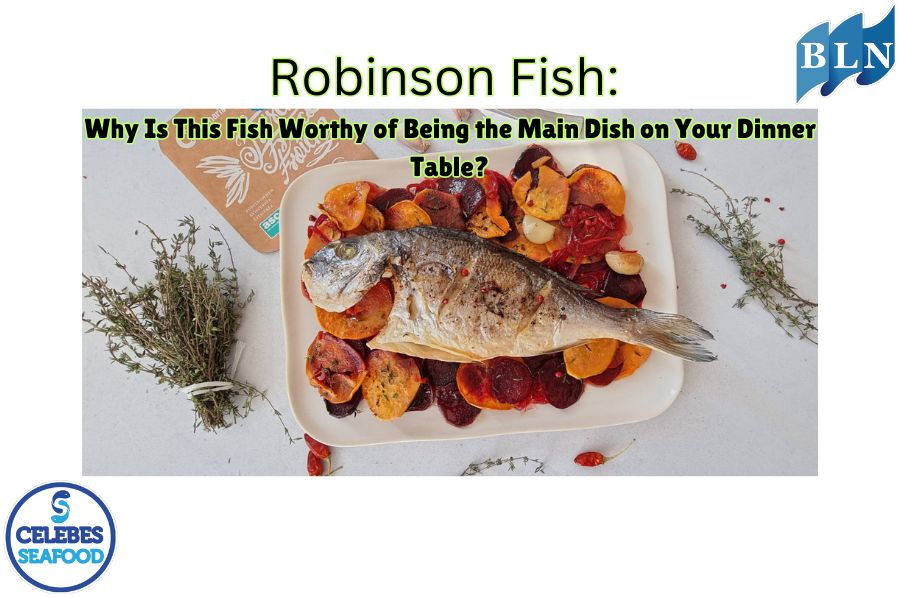The Fascinating Fish Pickling Techniques
By. Nevanda - 18 Sep 2023
lautnusantara.com - Fish pickling, a time-honored method of preserving fish, has been practiced by diverse cultures around the world for centuries. This ancient technique involves using salt, vinegar, and sometimes additional flavorings to extend the shelf life of fish while creating unique and flavorful culinary delights. In this article, we will delve into the art and science of fish pickling, explore its rich history, and discuss some popular fish pickling traditions from various regions.
Read also: Here are 11 Fun Facts of Barramundi
1. The Basic Process
Fish pickling begins with selecting fresh fish, typically species that are rich in flavor and well-suited for pickling. The fish are cleaned, filleted, and sometimes cut into smaller pieces for ease of pickling. The next step involves submerging the fish in a brine solution, which is a mixture of water and salt. The salt helps draw out moisture from the fish, inhibiting the growth of spoilage microorganisms.
2. Additional Flavorings
While salt is the primary preservative in fish pickling, various flavorings are often added to enhance taste and aroma. Common additions include vinegar, herbs, spices, and aromatics like garlic and onions. These ingredients not only contribute to the preservation process but also give the pickled fish a distinct and appetizing character.
Read also: Here’s Some Way to Prepare Barramundi
3. Fermentation vs. Vinegar Pickling
Fish pickling can be broadly categorized into two methods: fermentation and vinegar pickling.
- Fermentation: In this method, fish are submerged in a brine solution and allowed to ferment naturally. Beneficial bacteria, such as lactobacilli, produce lactic acid during fermentation, which lowers the pH of the pickling solution, further inhibiting the growth of harmful bacteria. Fermented fish pickles often have a tangy and complex flavor profile.
- Vinegar Pickling: Vinegar is the key ingredient in this method. Fish are immersed in a vinegar-based solution, which provides a highly acidic environment that prevents spoilage. Vinegar pickles tend to have a more pronounced sourness and a shorter fermentation period compared to fermented fish pickles.
Fish pickling is a testament to the ingenuity of humans in preserving and enhancing the flavors of fish for generations. Whether through natural fermentation or the use of vinegar, this ancient culinary technique continues to delight taste buds worldwide.
Read also: 7 Types of Farmed Mussels for the Aquaculture Industry

 in Protecting Shrimp Commodities from Radioactive Contamination.png)






